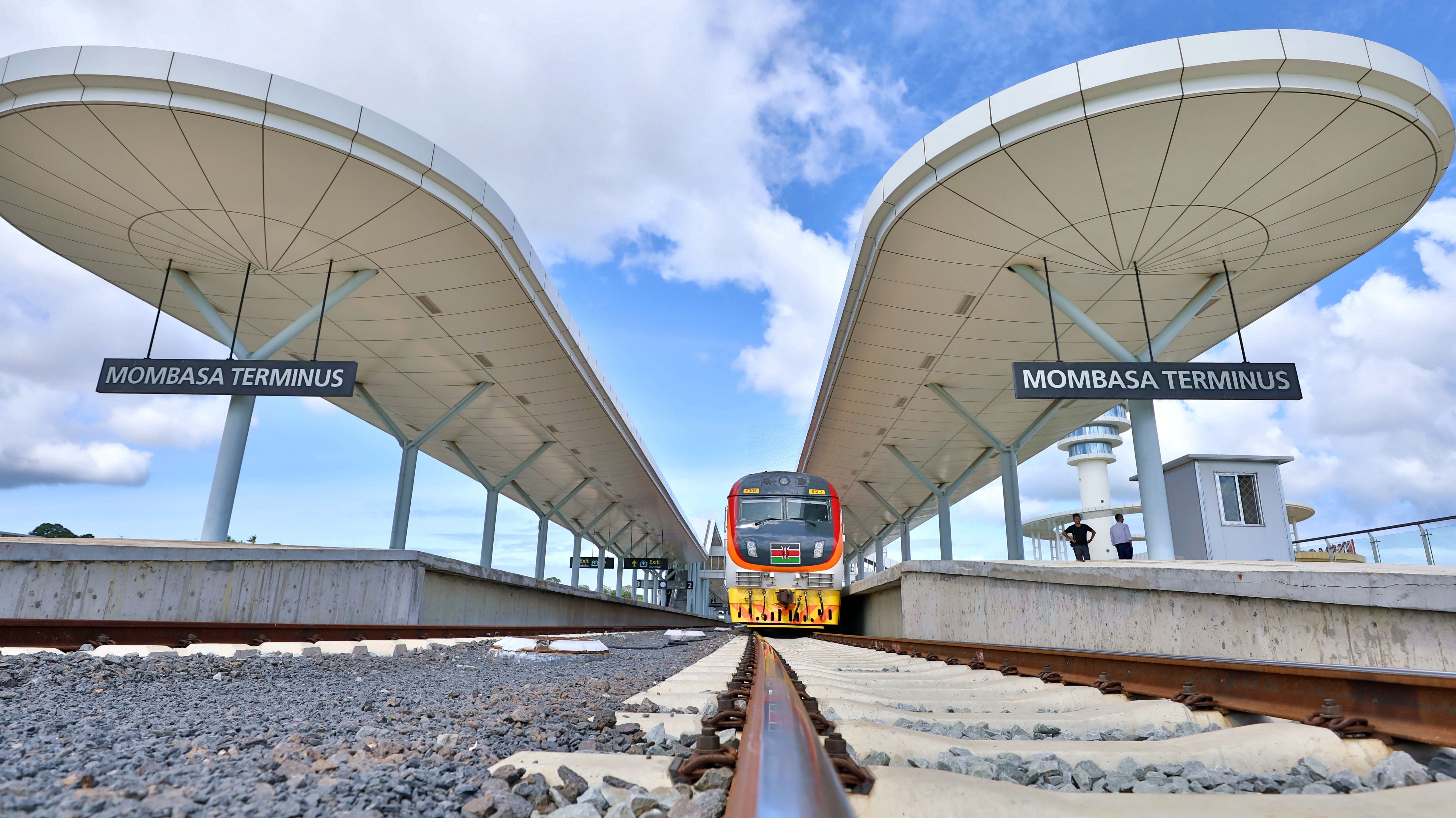China's BRI not a 'debt trap' but a shared 'economic pie'
- By Wang Peng
 0 Comment(s)
0 Comment(s) Print
Print E-mail China.org.cn, March 22, 2019
E-mail China.org.cn, March 22, 2019

The Belt and Road Initiative (BRI) has become the world's largest platform for international cooperation and one of the most well received programs promoting global public good since it was proposed in 2013. As many as 123 countries and 29 international organizations have signed BRI cooperation agreements with China, showing their support and confidence in the program.
However, skepticism about the BRI has been rising, and critics accuse China of creating debt traps for its partner countries through this initiative.
China's State Councilor and Foreign Minister Wang Yi has refuted this allegation by stressing that "the BRI is not a 'debt trap' that some countries could fall into, but an 'economic pie' that benefits the local population."
First of all, it is necessary to clarify a key fact that the China-Africa BRI cooperation is much more comprehensive than simple foreign aid or official development aid (ODA). The ODA model often relies on the one-way flow of financial aid and has proven in many cases to be inefficient for developing countries. By contrast, the BRI is based on a model of equal economic cooperation. This is evident when looking at its implementation and effects in the past five years since it was proposed in 2013.
Secondly, the China-Africa BRI cooperation relies mainly on eight mutually beneficial initiatives in the next three years and beyond, as China promised in the 2018 China-Africa Summit. These projects cover areas including industrial promotion, infrastructure connectivity, trade facilitation and green development, and provide new funding of US$60 billion to the continent as well.
Consequently, the China-Africa cooperation has strongly promoted bilateral and multilateral relations. In the face of the Western media's campaign of "sharp power" and "debt trap," many African leaders have used their media or participated in international forums to debunk this falsehood. South African President Cyril Ramaphosa emphasized during the Beijing Summit of the Forum on China-Africa Cooperation (FOCAC) in September 2018, that China's initiative will have a significant and lasting impact on peace, stability and sustainable development in the African continent.
Similarly, Paul Kagame, president of Rwanda and rotating chairperson of the African Union, unreservedly endorsed the China-Africa BRI framework which, he pointed out, has "grown into a powerful engine of cross-continental cooperation." He said that the African Union is glad to see that the BRI has opened up new pathways for cooperation, such as in the areas of environmental protection as well as people-to-people exchanges.
What should be observed is that China never "exports" its experience or model in development and modernization to other states as many Western media claim. China simply freely shares its experience and lessons with its partners, especially other developing countries, which may be facing similar social and economic problems.
Africa admires China's growing influence and economic clout over the past four decades, and hopes to replicate similar development approaches to create a prosperous future for its own people. Participating in the BRI is just a first step. By building power stations, ports, roads and railways, the initiative can provide more comprehensive networks necessary for the large-scale production and flow of goods.
Furthermore, China's cooperation with other states, including African countries, are not exclusive or monopolistic; rather, China welcomes all nations, to join the "symphony" of the "Many Belts and Many Roads." After the first Belt and Road Summit 2017, China and Africa began to further strengthen their ties and cooperation that was based on equal dialogue and mutual benefits. The two sides discussed the BRI and signed billions of dollars' deals that highlighted mutual benefits and promoted a strong development agenda. None of these projects are a closed system or is targeted against a third party. Investment and advice from the World Bank, the International Monetary Fund (IMF) and other international organizations or countries are always welcome in Africa.
The Pacific Rim is large enough for many economic giants to co-exist; and the same applies to the African continent. China, America, Russia, the EU and other responsible major countries in the world have a duty to help Africa grow and flourish. Now the second Belt and Road Summit 2019 is approaching and the world is looking forward to witnessing new miracles of cross-continental friendship and mutually beneficial cooperation in Africa and the rest of the world.
Wang Peng is an associate research fellow at the Chongyang Institute for Financial Studies, Renmin University of China, and a researcher at the Charhar Institute.
Opinion articles reflect the views of their authors only, not necessarily those of China.org.cn.





